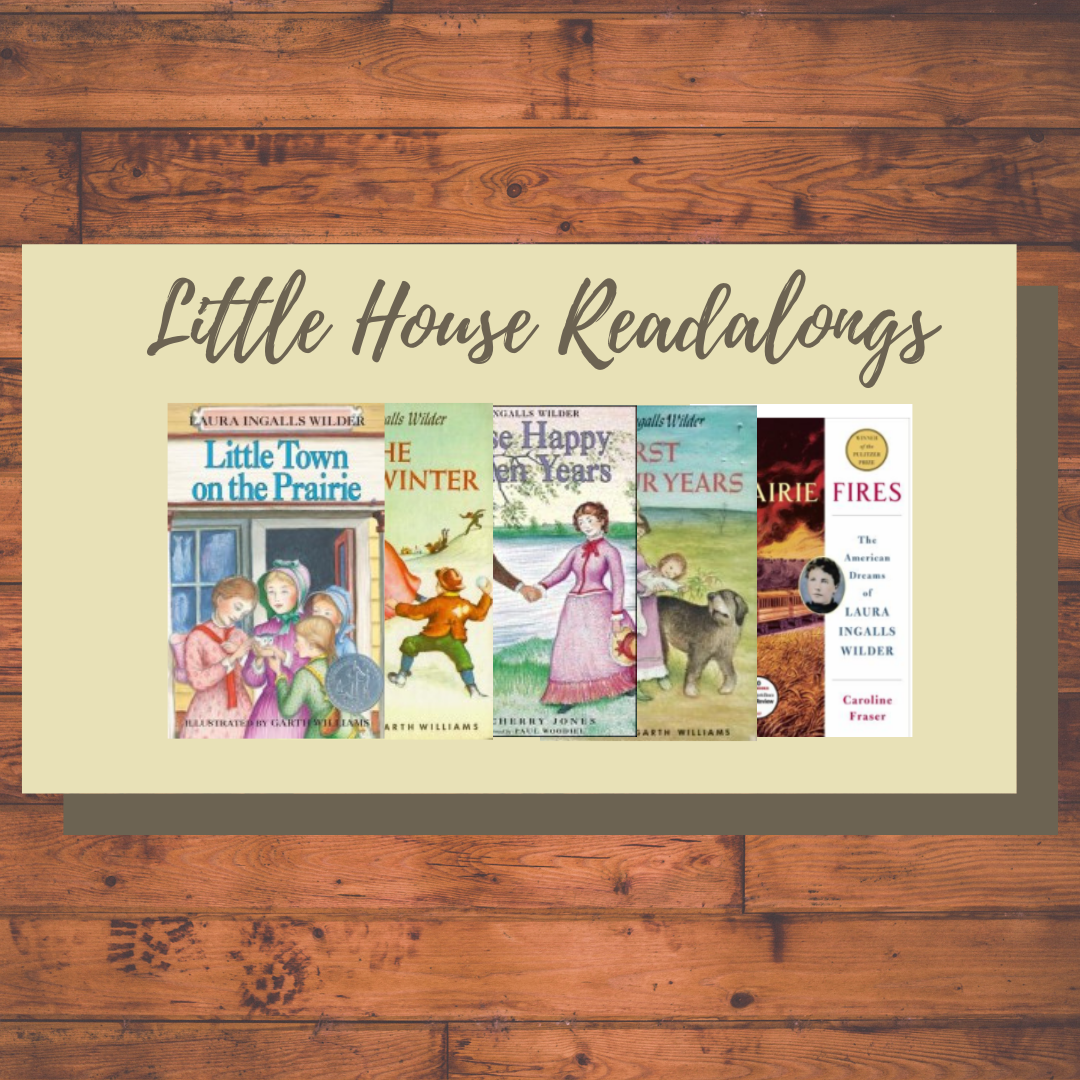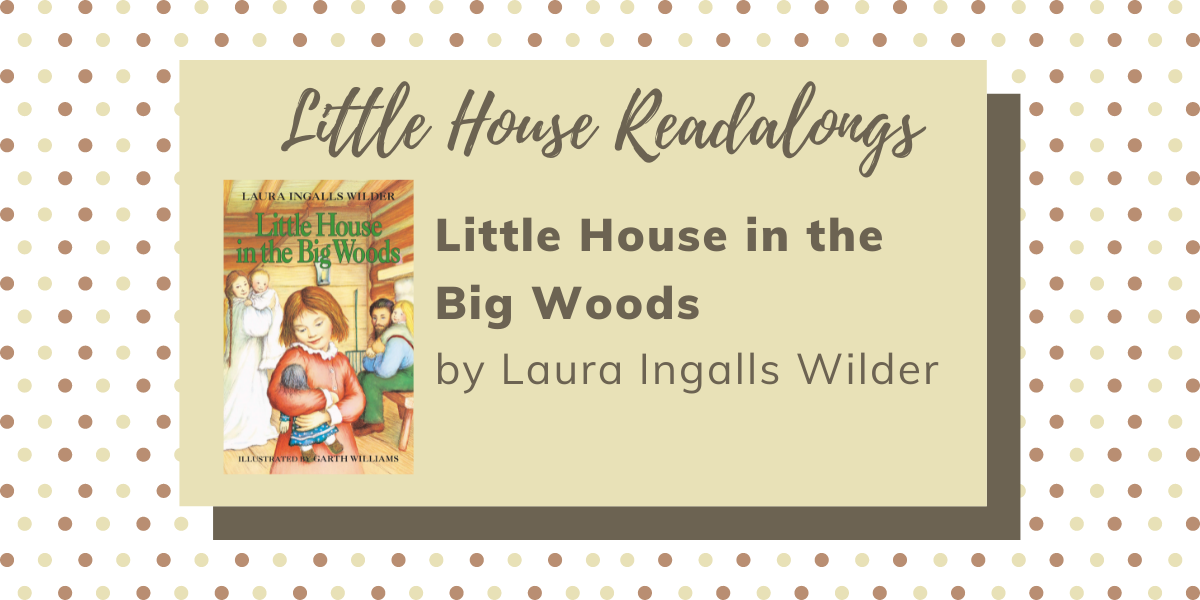
This week’s blog was written by Karen and Kevin Pearce
Kevin:
As I did with chapter 6, here are definitions for words that I had to look up due to the imparity between Fraser’s vocabulary and my own. Once again, don’t judge.
- Rapine: the seizure of someone’s property by force
- Temerity: excessive confidence or boldness
- Importune: to harass someone constantly about something
- Hagiographical: biographical, but putting the subject in a flattering light
Karen:
There is no shame in having a smaller vocabulary than a Pulitzer Prize winner.
Kevin:
After reading about the extravagant costs of the unneeded Rock House, here I go once again wondering about Rose’s psychological state and wondering what experiences caused her to be so irresponsible and frivolous with money. As Fraser emphasizes constantly, the Wilders were “parsimonious” throughout their lives, so Rose obviously didn’t get it from her parents. Perhaps it was her way of rebelling against their habits, or atoning for the possible sin of accidentally setting the house on fire. As I read on, I start wondering if she was mentally ill.
Karen:
Wondering? I feel as though Rose always needed to feel that she was the one in control. This is evident when she alienated her friends for (gasp) getting married without her permission. I imagine Laura and Almanzo felt torn over the Rock House situation (both the construction and the cost). I’m sure they realized how crazy Rose was acting, but she was still their daughter. They loved her very much and only wanted her to be happy. So, they put on a happy face (or not) and accepted the Rock House (and patiently waited for her to move away, so they could move back into their beloved farm house).
Kevin:
Reading of Mary’s death and reflections on how she changed Laura’s life, it seems possible that if Mary never become blind, Laura might never have worked her academic abilities as far as she did. Laura’s discovery of her gifts as a writer were, as the old cliche goes, the silver lining to the cloud. As I read the description of the start of Pioneer Girl, I notice that certain cadence that so many of her sentences have. I think, had Laura been overly schooled, say, had she attended a university, would her writing have changed to the point where she would no longer have been an effective children’s author? However, she was not, so her simple descriptions that the child Laura originally developed for her teenage sister remained with her into adulthood.
Karen:
I also don’t think Laura and Mary would have been as close in their teenage years had Mary not lost her sight. The sibling rivalry described in the earlier books disappears once Laura becomes Mary’s “eyes.” We see Laura diligently working hard to help earn the money to send Mary to college. The sense of accomplishment Laura must have felt once the family could finally send Mary to college might also have had a huge impact on her “ambition.” How many of us would have the confidence to sit down and write our biography in our retirement years with the intention of having it published?
Kevin:
Despite my previous contempt for Rose, Fraser’s description of the correspondence that led to the creation of Big Woods reminds me how essential she was to the creation of the Little House series. All of these suggestions made that book what it was, and who knows if that book would have existed or become what it was without them?
Karen:
I seriously doubt Laura would have known where to begin to seek publication had it not been for Rose. I don’t think she would have pursued writing at all. We do have to be grateful to Rose for that.


Comment1
Just an observation- Laura had been writing for the Ruralist and had some sort of connection ( though minimal) to the publishing world. Im going to step out on a limb and say that if she probably could have figured out how to get her book published. The fact that the books were edited by Rose might have made them more readable and by that easier for an editor at Harper Collins etc to see their potential.
Comments are closed.